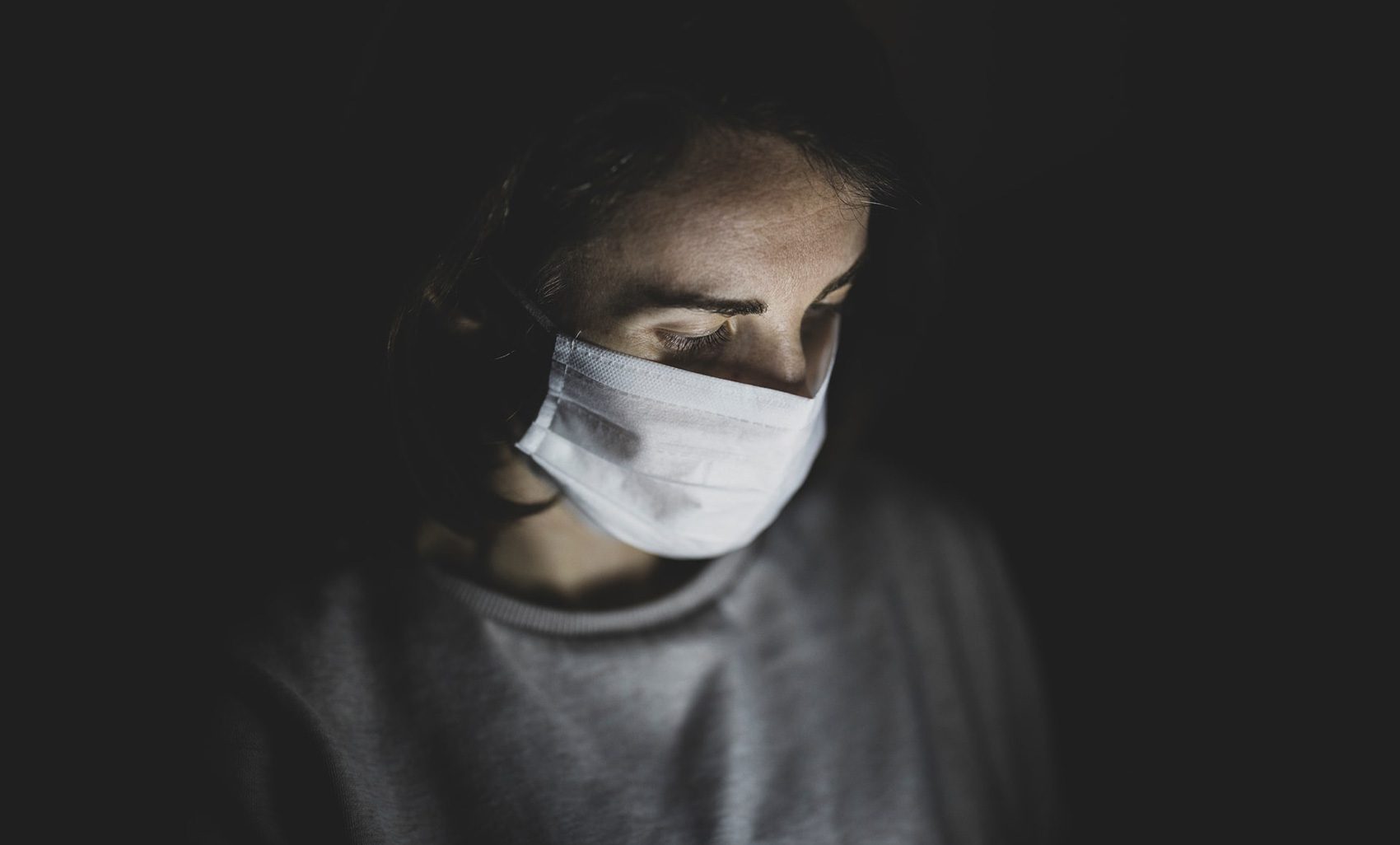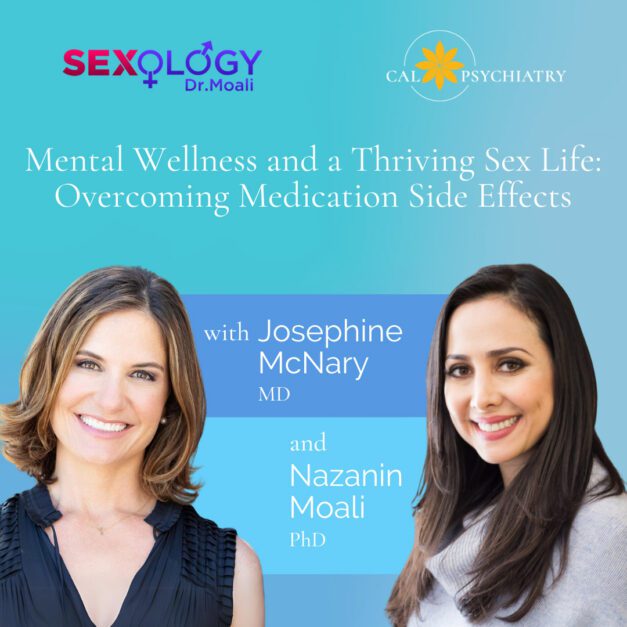Although the full spectrum of COVID-19 sequelae will take some time to ascertain, a recent retrospective cohort found higher incidences of neurological and psychiatric diagnoses in patients with COVID-19 than in control patients. Even higher incidences of these disorders was found in patients admitted to the ICU with COVID-19 and those diagnosed with delirium at some point during their hospitalization.
COVID-19 has been a confusing virus for physicians to study. We know now that the highest risk populations for the disease are the elderly and those with underlying health conditions. But then what of the cases of totally healthy patients suffering severe consequences from the disease? COVID-19 is an infection that continues to elude and perplex us. However, with time and more data, we can continue to look at long-term side effects of this disease. A recent study published in Lancet Psychiatry is helping to shed light on possible neurological and psychiatric sequelae of the virus.
In this study, electronic medical records of 62 healthcare organizations (comprising a total of about 81 million patients) were assessed retrospectively (meaning looking back in time rather than following these patients going forward). Of these records, researchers were looking to assess the incidence of neurological and psychiatric diagnoses in COVID-19 patients versus control patients (those who were diagnosed with another respiratory virus or the flu). They further assessed if there were differences in patients who were 1) hospitalized 2) admitted to the ICU at any point or 3) diagnosed with delirium during their hospitalization. The results showed that in patients with COVID-19 (about 236, 379 in total from the records assessed), about 33% of them were diagnosed with a neurological or psychiatric disorder. In patients who were admitted to the ICU, about 46% of them developed a neurological/psychiatric disorder going forward; and shockingly, around 64% of patients who had delirium during their hospitalization later developed a neurological or psychiatric diagnosis. While some disorders like ischemic stroke or intracranial hemorrhage have a proposed biological mechanism (the virus might actually be invading the nervous system or making a person’s blood more prone to clotting), the development of psychiatric disorders seems to be more complex following COVID-19. Researchers point out that the higher incidence of mood or anxiety disorders may be tied to other issues (such as psychosocial factors) rather than inherent to the virus itself. Nevertheless, the psychiatric symptoms seemed to persist for even up to 6 months, highlighting the need for continued vigilance and support for these patients.
As we continue to learn and study the virus and the downstream effects, we can better support survivors and family members. If we know that someone who was intubated in the ICU may be at a higher risk for developing an anxiety disorder down the road, more frequent check-ins or prophylactic referral to a mental health specialist may be helpful. If you have battled COVID-19 and are starting to feel more on-edge or just not quite yourself, it may be worth it to seek mental health support. Our physicians at CalPsychiatry are ready to partner with you. Whether it be collaborating with your primary provider to discuss post-COVID symptoms or helping you develop a plan to preemptively combat anxiety or depression, we are here to help.
Book a free consultation with one of our physicians today. Your mental health is as important as ever in these trying times and we wish you health and happiness.





